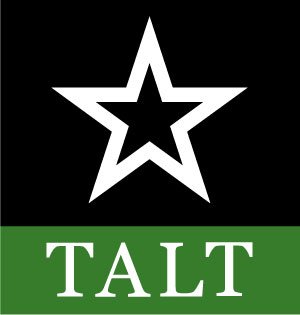Happy Cove and High Lonesome Ranches
As veteran wildcatters, Clayton and Modesta Williams of Midland routinely took leaps of faith.
“The Texas Ag Land Trust was in its formative stages when Claytie and Modesta approached us about holding the conservation easement on their ranches, Happy Cove and High Lonesome,” CEO Blair Fitzsimons said. “They wanted to protect their treasured Trans-Pecos ranches from development and fragmentation, and pass them down to their children.”
Known for their business acumen and innovative land stewardship, the couple had done their research—and were swayed by the Texas Ag Land Trust’s unique mission to conserve working lands. Claytie was first and foremost a rancher, and he wanted a land trust who understood ranching. The Texas Ag Land Trust’s mission fit his vision.
“Of all the things I have done in my life,” he said recently, “the thing I enjoy most is owning land. I enjoy improving the land. I focus on improving the grasses first, then I focus on the cattle.”
The couple, who married in 1965, spent the early days of their marriage dreaming about owning a ranch as they drove through the Trans-Pecos. Even then, they shared a passion for agriculture. Reared near Fort Stockton, Claytie had started his own farming operation when he was just 16. Modesta spent childhood days with her grandfather, Tom Good, on the ranch he homesteaded north of Big Spring. There, she learned about “the grasses and the animals and wildlife.”
In the 1970s, they bought the High Lonesome and Happy Cove ranches, hard-used properties in Jeff Davis and Brewster counties that totaled more than 70,000 acres. Claytie appreciated the fragility of West Texas, once noting, “…it took 65 million years for the soil to accumulate, but doesn’t take many years to ruin it.”
Together, the Williamses implemented conservation practices ranging from rotational livestock grazing to water distribution in order to enhance the native grasslands and habitat. Their goal was to make it productive for cattle and wildlife, such as antelope, mule deer, scaled quail and myriad others.
Their conservation ethic ran deep. In a 2008 interview with the Alpine Avalanche, Claytie said,
“God put me on this earth to leave things better than I found them. It is my responsibility to be a good steward of Texas land and resources so that the next generation of Texans can enjoy them as much as I have.”
– Claytie Williams
But the couple wanted to go further than implementing good conservation practices. They wanted to ensure that the ranches endured intact, that future generations wouldn’t chop them up into pieces. In particular, they wanted to minimize the debilitating effect of estate taxes. They chose to protect the two ranches with conservation easements.
But the most important reason was family. While reminiscing recently why – ten years ago – they chose to enact a conservation easement, Modesta pointed to a photograph of her daughter’s family horseback at Happy Cove. “THAT is why we did it. These kids should always know this land is here for them. We couldn’t take the chance that it would someday not be a part of our lives.”
Happy Cove and High Lonesome Ranches were featured in TALT’s FY2023 Annual Report. To view that article, click the image.





